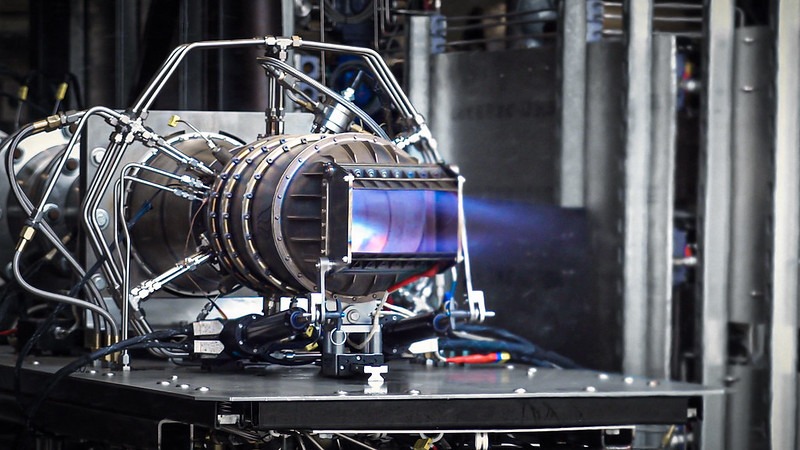Quarterhorse planes intended for military and commercial use have gotten 60 Million dollars for their startup from the USAF. With a capability of flying at 5 mach with a range of 4600 miles, this aircraft will use the TBCC (Turbine-Based Combined Cycle) engine built on the lines of the commercial GE J85 Turbojet engine.
After the year 2003, when the Anglo-French Concorde supersonic airliner was grounded, the aviation world was divided into two major categories, civilian and military fleets. The military fleets include supersonic aircraft, and the subsonic realm has belonged to the civilian airliners.

But what died down in 2003 might be revived. Several private and public investors have been searching the avenues for faster, cheaper and greener supersonic civilian flights. Nonetheless, hypersonic passenger planes are also in the pipeline for both civilian and military use.
SpaceX, Blue Origin, and Generation Orbit’s former members joined hands to create Hermeus. Hermeus is poised to be the fastest reusable aircraft in the skies. Dubbed as the Quarterhorse, many technical details are not available as of now about the aircraft. However, it is known that it would feature titanium construction to withstand ultra-high speeds and a highly streamlined delta wing design. It would also have another laurel to its name; it would be the first aircraft to feature a TBCC Propulsion system.

Used in the SR-71 blackbird, the TBCC have a repute worth paying attention to. A conventional turbojet is used to reach optimum speeds where the jet may ramjet r scramjet to takeover. The catch is to produce an engine that doesn’t create drag while the jet is soaring at hypersonic and supersonic speeds.
The USAF has in recent years shown keen interest in high-speed commercial airliners. The interest is not limited to the military airliners only. They see it as an opportunity to replace the US President’s Air Force 1 with one of such vehicles. The special thing about the Airforce 1 is that it is the Chief Executive’s personal transport and a command-and-control centre in the event of nuclear war or a national emergency.
“While this partnership with the US Air Force underscores US Department of Defense interest in hypersonic aircraft, when paired with Hermeus’ partnership with NASA announced in February 2021, it is clear that there are both commercial and defence applications for what we’re building,” says Hermeus CEO and co-founder, AJ Piplica.

The Mach 5 flight testing of small autonomous aircraft in 2023 is the first stop on to the commercial hypersonic flight. It then plans to move onto flights of mid-size autonomous aircraft intended for time-critical cargo and reconnaissance in 2025 and ultimately hypersonic commercial passenger aircraft in 2029.
The Mach 5 fight is slated for a small autonomous aircraft in 2023. That is the first pit stop in the development of Hermeus’ roadmap hypersonic flight. The midsize flights are planned for 2025, and commercial hypersonic flights for 2029.


